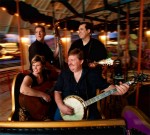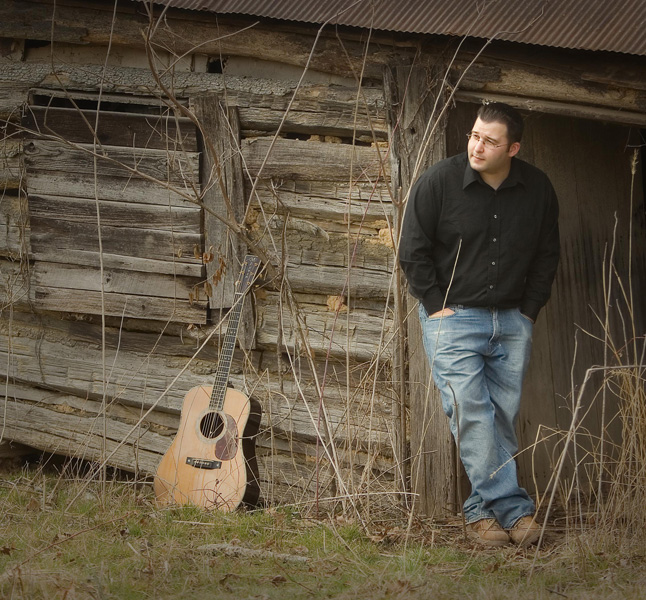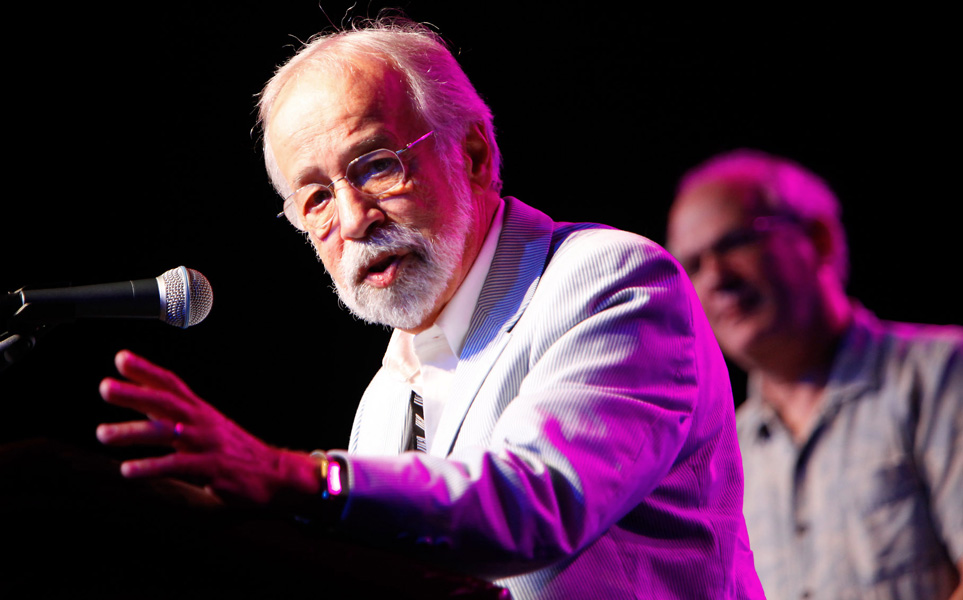 When I’m not seeking truth and justice as the Assistant Prosecutor for Lincoln County, West Virginia, my wife Valerie and I are putting all our energy into re-launching the music career we deferred twenty-five years ago to raise a family in a stable, financially secure, home.
When I’m not seeking truth and justice as the Assistant Prosecutor for Lincoln County, West Virginia, my wife Valerie and I are putting all our energy into re-launching the music career we deferred twenty-five years ago to raise a family in a stable, financially secure, home.
Yes, I know money isn’t everything, and in fact the love of it has been called the root of all evil, and many professional bluegrass musicians have done quite well while raising a family. That being said, most have a spouse holding down the home front, usually contributing a second income, and since Valerie is a tremendous singer and guitar player in her own right (Bluegrass Unlimited called her a “gutty, dynamic singer” with “major league talent” in 1985), it wouldn’t have been right to ask her to stay home while I pursued my dream.
But now, with our family raised and having flown from the nest with no grandchildren in sight, we decided to see where we can take our music. Last year we joined IBMA for the first time, and attended the World of Bluegrass. The event that seemed to hold the most potential for direct benefit was Gig Fair.
For those not familiar, Gig Fair has been been described as “Bluegrass speed dating.” Though I’ve never participated in speed dating (honest, honey), from the depictions I’ve seen on television and in movies I would say it is an accurate description.
Artists sign up on schedules posted for each participating event promoter or other performance venue representative with seven minute time slots allotted to meet and discuss the possibility of performing at the festival or other venue. Bands like ours always have the steady diet of miscellaneous gigs at weddings, parties, street fairs, amusement parks, political rallies (need I go on), and any kind of paying gig is great, but the opportunity to meet face-to-face with promoters of major bluegrass festivals and have their undivided attention even for seven minutes is enough to attract even the seasoned professionals.
I was somewhat surprised last year to see major “stars” (I truly feel they are deserving of that title as much as Alan Jackson, Garth Brooks or any Country music “star”) like Lou Reid, Steve Gulley, and Alan Bibey participating last year, because it seems like artists of their stature shouldn’t need to pursue engagements, and their telephone should be ringing off the hook. I suppose the reality is that it doesn’t matter who you are in this business – if you don’t work at finding work (or have someone doing it for you), you won’t work very often.
To someone walking in the room without knowing what’s happening, Gig Fair may look chaotic (particularly at the moments when the bell rings and everyone is going in opposite directions to their next appointment), but it is organized chaos. Like speed dating, there are some moments when there seems to be a connection, usually because of a very friendly and personable event representative who makes you feel like they are interested in what you are saying, and that you really have a shot at being booked at their event.
Then there are those other times when you get the distinct feeling that the participating event producer is actually there just to gain visibility for their event, invite your group to enter a band contest or “showcase” for free, and has no intention of booking anyone. It’s a little (extremely?) unrealistic to think a promoter will meet you, look at your promo pack, maybe listen to a little of your last project on your iPod, and then offer you a booking. As might be expected, the event representatives thank you for your interest, pledge to review your materials, and consider you in the future.
While I regret to report that participation in Gig Fair did not lead to any bookings at the events whose representatives we met with last year, hope springs eternal for this year. I have resolved to be more of a pest in follow-up communications until we land more of those major events.






